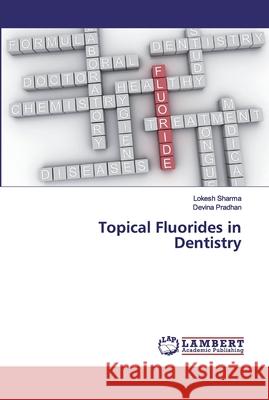Topical Fluorides in Dentistry » książka
Topical Fluorides in Dentistry
ISBN-13: 9786139443390 / Angielski / Miękka / 2019 / 112 str.
Fluoride is still the corner stone of non-invasive dental caries management. It has been demonstrated most clearly that fluoride has to be ingested to be in cooperated into the tooth mineral during its development or it can be applied onto the tooth surfaces after the eruption of teeth into the oral cavity, to have acceptable mechanisms of action against dental caries. Owing to its high affinity to calcium, fluoride is mainly associated with calcified tissues. Its ability to inhibit, and even reverse, the initiation and progression of dental caries. The various mechanisms underline the prospective effects of fluoride on erupted teeth of children and adults require frequent exposure to fluoride throughout the life in order to achieve and maintain concentration of the fluoride ion in dental plaque and enamel. The earlier the children are exposed to the fluoridated water or dietary fluoride supplements, the greater the reduction in the dental caries in both the primary and permanent dentition. Thus, topical fluoride treatment plays a major role in remineralisation of the carious lesions.











